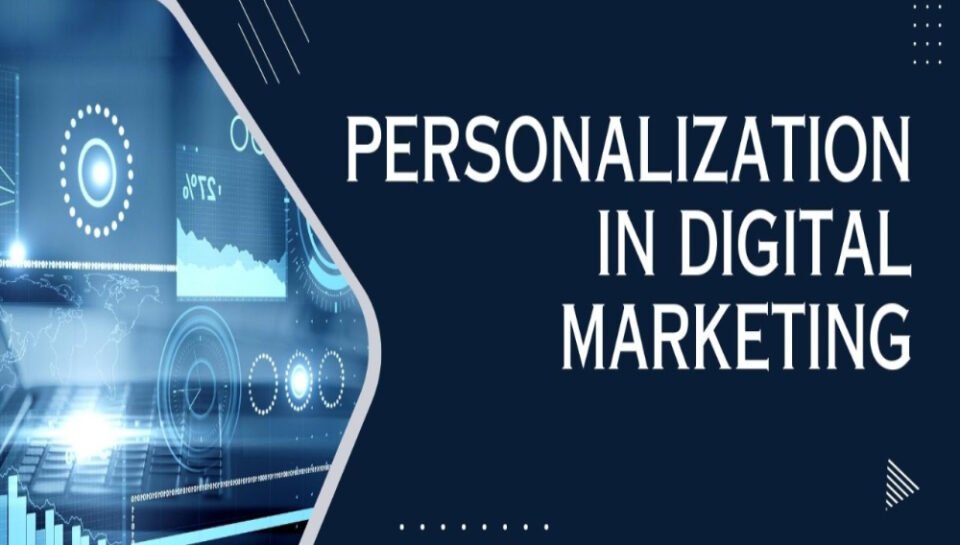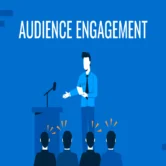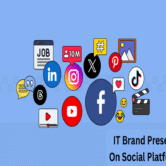
Introduction to personalization strategies in digital marketing
Introduction
In today’s hyper-connected digital environment, generic messaging no longer resonates with savvy consumers. As audiences become increasingly selective, personalization has emerged as a powerful strategy in digital marketing. It involves tailoring content, recommendations, and communications based on user behavior, preferences, and data insights. Personalization not only improves user engagement but also enhances the customer journey by delivering relevant, timely, and meaningful interactions. Brands that deploy effective personalization strategies can build stronger relationships, improve conversion rates, and foster long-term loyalty. In the evolving digital landscape, personalization is not just an enhancement—it is a necessity for success.
Understanding customer data as the foundation
Effective personalization starts with data. Marketers rely on behavioral data, demographic profiles, purchase history, browsing patterns, and engagement metrics to segment audiences and customize content. Data is collected through website analytics, CRM systems, social media interactions, and email engagement. Understanding what users want, when they want it, and how they prefer to engage enables marketers to design experiences that reflect individual needs and expectations. Ethical data collection and transparent usage are critical to maintaining customer trust.
Segmenting audiences for targeted engagement
Audience segmentation is a key personalization tactic. Rather than sending the same message to everyone, marketers divide audiences into segments based on factors like age, interests, industry, buying behavior, or lifecycle stage. Each segment receives messaging tailored to its unique profile. For example, first-time visitors might receive educational content, while loyal customers get exclusive offers. Segmentation ensures relevance, improves engagement, and increases the efficiency of marketing efforts.
Dynamic website content for real-time personalization
Personalized website experiences can significantly impact user satisfaction and conversions. Dynamic content allows marketers to modify website elements—such as banners, product recommendations, and pop-ups—based on visitor data in real-time. Returning users may see offers related to their past purchases, while new visitors see introductory messages. Platforms like Optimizely and Adobe Target enable dynamic content delivery that adapts to user profiles, enhancing relevance and engagement.
Personalized email marketing for direct communication
Email personalization goes beyond using a customer’s name. Advanced email marketing tools enable behavior-based triggers, custom product recommendations, and dynamic subject lines. For example, abandoned cart emails remind customers of incomplete purchases, while re-engagement emails target inactive subscribers with tailored incentives. Personalized emails have significantly higher open and click-through rates, making them a cornerstone of digital communication strategies.
Behavioral retargeting for relevance and recall
Retargeting is a powerful personalization tactic that re-engages users who have interacted with a brand but did not convert. By tracking user actions, marketers can display relevant ads on social media or other websites, reminding users of their interest. For example, if a visitor viewed a specific product, retargeting can show that product again with a discount offer. This approach increases recall, reduces acquisition costs, and encourages return visits.
Recommendation engines for product personalization
Recommendation engines use algorithms to analyze user data and suggest products or content based on preferences and behavior. These tools are widely used in e-commerce, streaming platforms, and news sites. For example, Amazon recommends products similar to those viewed or purchased, while Netflix offers shows based on viewing history. Personalized recommendations enhance user satisfaction, increase average order value, and keep users engaged with the brand.
Geo-targeting and location-based strategies
Location-based personalization involves delivering content or offers based on a user’s geographic location. Geo-targeting is particularly effective for retail, hospitality, and event marketing. For instance, a restaurant can send push notifications with promotions to users near its location. Marketers can also tailor landing pages based on regional language, culture, or events. Geo-targeting enables real-world relevance and creates timely, action-oriented engagement.
Personalization in social media engagement
Social platforms offer vast opportunities for personalized interaction. Brands can engage users based on their behavior, interests, and interactions with previous posts or ads. Personalized responses, interactive polls, tailored ad content, and interest-based communities help deepen relationships. Platforms like Facebook and LinkedIn allow marketers to create highly segmented ad audiences, ensuring content reaches the most relevant users at the optimal time.
AI and automation in personalization strategies
Artificial intelligence and marketing automation are accelerating personalization at scale. AI-driven platforms analyze data in real time to deliver hyper-personalized content across channels. Automation enables marketers to send the right message to the right user at the right time—without manual intervention. Tools like HubSpot, Salesforce Marketing Cloud, and Dynamic Yield help orchestrate personalized experiences through workflows, predictive content, and AI recommendations.
Conclusion
Personalization has become a fundamental pillar of successful digital marketing strategies. From emails and websites to ads and product recommendations, personalized experiences drive engagement, trust, and loyalty. By leveraging data, automation, and customer insights, brands can create meaningful interactions that go beyond generic campaigns. As consumer expectations continue to rise, companies that invest in personalization will be better positioned to deliver value, deepen customer relationships, and maintain a competitive edge in the digital age.
Hashtags
#personalization #digitalmarketing #customermarketing #emailpersonalization #segmentation #marketingautomation #behavioraltargeting #recommendationengine #aipersonalization #customerjourney #marketingdata #dynamiccontent #uxdesign #geotargeting #retargetingads #crmstrategy #userexperience #marketingstrategy #personalizedads #audiencetargeting #customerloyalty #digitalengagement #datadrivenmarketing #personalizedcontent #brandexperience





